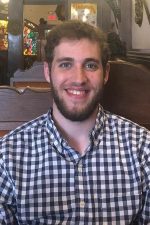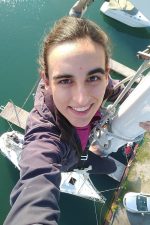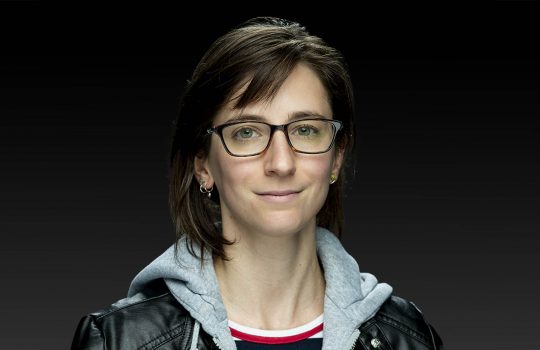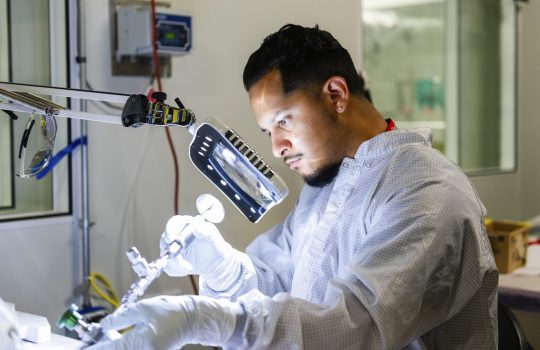Three students have received the prestigious U.S. Department of Energy Office of Science Graduate Student Research Fellowships to conduct their research at Fermilab. DOE awarded these fellowships to 52 students from U.S. universities. The Fermilab recipients are:
Corey Bathurst, University of Florida
Dark matter detection at NEXUS
Mentor: Dan Bauer
The goal of the SCGSR program is to prepare U.S. graduate students for STEM careers critically important to the DOE Office of Science mission by providing graduate thesis research opportunities at DOE national laboratories.
Students receive supplemental awards to pursue part of their graduate thesis research at a DOE laboratory or facility in collaboration with a DOE laboratory scientist. This opportunity is expected to advance the student’s doctoral thesis while providing access to the expertise, resources and capabilities available at the DOE laboratory or facility.
The award period for the proposed research project at the DOE laboratory or facility may range from three to 12 consecutive months.
Fermilab dark matter, accelerator technology, Mu2e and CMS research is supported by the Department of Energy Office of Science.
Fermilab is supported by the Office of Science of the U.S. Department of Energy. The Office of Science is the single largest supporter of basic research in the physical sciences in the United States and is working to address some of the most pressing challenges of our time. For more information, visit science.energy.gov.





